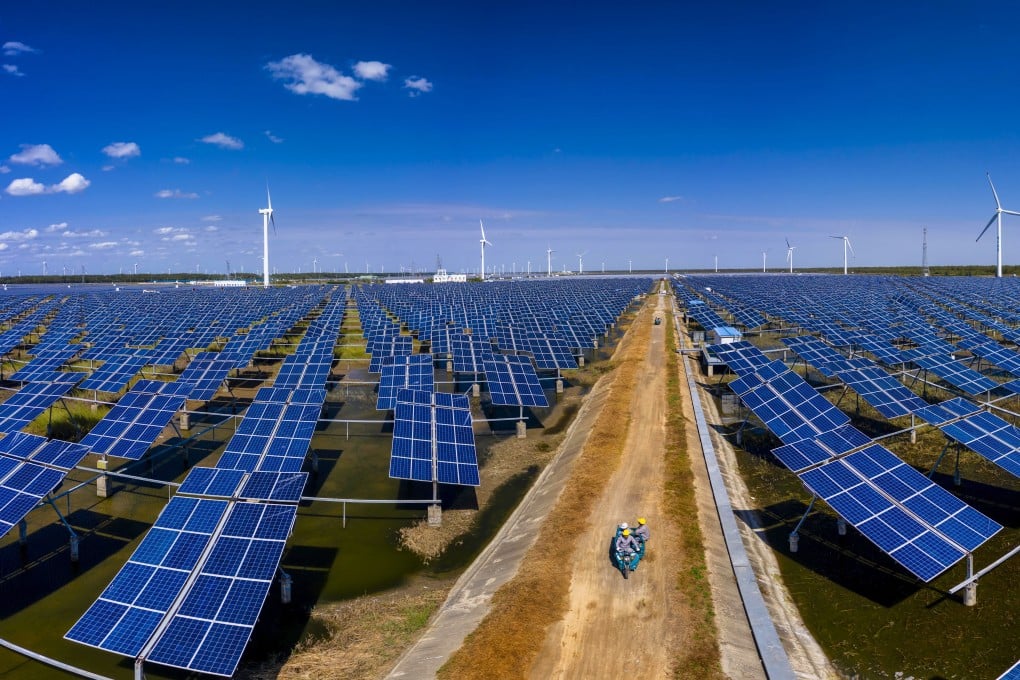Advertisement
China’s ‘two sessions’: five-year plan is key to reaching Xi’s environmental and carbon neutrality goals
- Plan for 2021-25 must show how China will achieve peak carbon emissions before 2030 and carbon neutrality by 2060, say observers
- Increasing both wind and solar-power generation capacity is crucial if China is to boost non-fossil fuels to 30 per cent of the energy mix by 2030, say analysts
Reading Time:3 minutes
Why you can trust SCMP

China is expected to release guidelines for the country’s social and economic development for the next five years and beyond during its annual parliamentary meetings starting on Thursday.
A total of 5,000 delegates from the National People’s Congress, the country’s legislature, and its political advisory body the Chinese People’s Political Consultative Conference, will attend the political gathering in Beijing.
The next five years would be covered by the 14th five-year plan, with China embarking on a new journey to build a “modern socialist country”, Chinese Premier Li Keqiang said in a meeting in January. It is also an important period to show how China will integrate its climate commitments to achieve peak carbon emissions before 2030 and carbon neutrality by 2060.
Advertisement
In December, President Xi Jinping announced that by 2030 China would cut its carbon dioxide emissions per unit of GDP, or carbon intensity, by more than 65 per cent from 2005 levels, compared to the earlier target of a 60-65 per cent cut by 2030. Xi also said China would increase the share of non-fossil fuels in primary energy consumption to around 25 per cent during the same period, up from a previous commitment of 20 per cent.
“It is likely that the five-year target will be set based on President Xi’s announcement, but the key question is whether these targets will carry higher ambition,” said Li Shuo, senior global policy adviser for Greenpeace East Asia.
Advertisement
Advertisement
Select Voice
Select Speed
1.00x